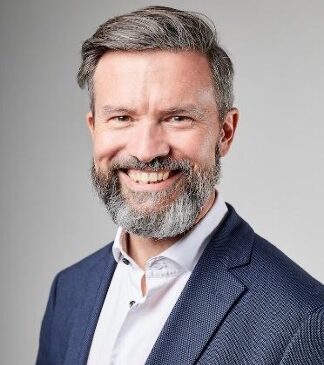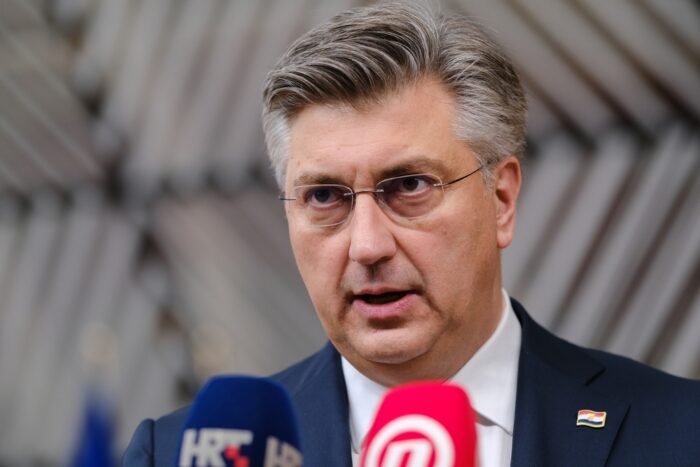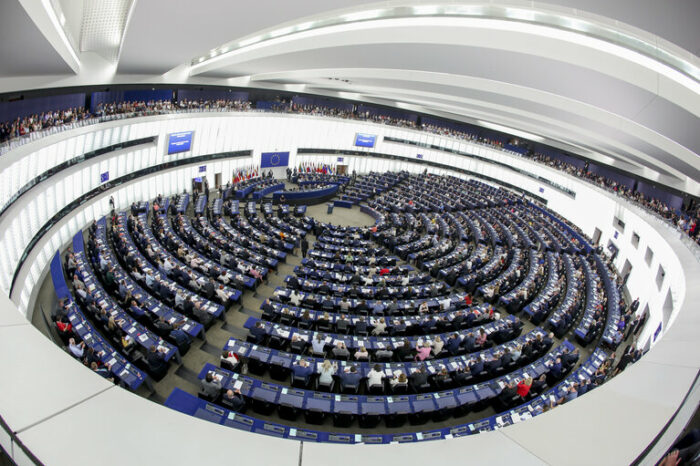The Progressive Post
The 2024 super-election year: navigating the geopolitical disinformation maze

In the wake of the 2016 US elections, Western democracies awoke to a stark reality: the age-old practice of disinformation had evolved into a sophisticated, technology-driven shadow war, with liberal democracies squarely in the crosshairs. As we already stepped into the 2024 super-election year, this battleground has only expanded, with the stakes heightened by the advent of Artificial Intelligence (AI) and the relentless pace of digital innovation.
The recent elections in Russia, far from being evidence of a democratic process, offer a crucial, if counterintuitive, lesson about the geopolitics of disinformation. This event not only underscores Vladimir Putin’s iron-fisted control over Russian state institutions, but also signals a broader, more insidious goal in global systemic competition. Putin’s self-induced victory projects the appeal of an autocratic model of governance characterised by a ‘strong leader’ ethos that is inherently anti-Western and anti-liberal, waging an autocratic-reactionary culture war against supposedly ‘woke’ ideologies of liberal democracies. His model exerts double pressure on the democratic world, notably gaining support from right-wing populist parties within Western states. On the other hand, the Russian strategic communication apparatus has skilfully merged this anti-liberal culture war rationale with its narrative of the war in Ukraine to anchor its anti-Western agenda in the Global South. The Kremlin’s continued political and economic engagement with the BRICS states and other governments in South America, Africa and Asia despite Western sanctions underscores this tactic, even if war as a political tool is rejected by many of these states. This election, therefore, not only confirms Putin’s domestic political dominance, but also strengthens Russia in its efforts to form a global, anti-Western and thus anti-democratic alliance in which the domination of the digital information ecosystem plays a special role.
Consequently, this global war on information is not limited to the digital frontiers of Russia. Autocracies around the globe, including China, Iran and North Korea, have mastered the art of disinformation, leveraging technology to erode trust in democratic institutions, sow discord, and amplify societal divisions. These campaigns, sophisticated and far-reaching, destabilise democracies from within, targeting the consensus-building processes essential for democratic governance and turning public scepticism into a powerful weapon against the fabric of liberal societies.
The uniqueness of the super-election year 2024 lies in the unprecedented potential of AI to amplify disinformation efforts. The ability of AI to generate convincing, false narratives at an alarming volume and pace, coupled with the sophistication of deepfake technologies, presents a formidable challenge to electoral integrity. These technologies enable malign foreign actors to craft and disseminate hyper-realistic synthetic media, manipulating public opinion and undermining the pillars of democratic discourse on a scale and pace like never before.
In response to these escalating threats, Europe has emerged as a proactive leader in past years, implementing robust measures in advance. The Digital Services Act (DSA) and the AI Act are a testament to Europe’s foresight, establishing a comprehensive legal framework to curtail digital manipulation. Initiatives such as the Code of Practice on Disinformation further illustrate the EU’s commitment to defending its online information ecosystem. Yet, the battle extends beyond legislation. Consequently, it needs a broader strategy to promote public awareness, improve digital media literacy and build international coalitions committed to preserving the integrity of the global digital information space. But above all, it will only succeed if Western tech companies – and here we are talking primarily about US businesses – become more aware of the geopolitical dimension of this global systemic struggle and take responsibility for their products and platforms accordingly in order to prevent any form of misuse as far as possible.
Drawing from Europe’s experiences, post-election strategies should continue to enhance coordination, standardise defence mechanisms, and establish specialised counter-disinformation units like Sweden’s Psychological Defence Agency or France’s Viginum, which offer a promising blueprint for other EU member states. The successes achieved by the current EU Commission, particularly the EEAS StratCom unit, underline the importance of vigilance and the preventive debunking of falsehoods. Such measures highlight the importance of flexibility and proactive engagement in the digital sphere. The European Parliament has also done much to put the threat of malicious disinformation at the top of the political agenda in Europe with its (somewhat awkwardly worded) ‘Special Committee on Foreign Interference in all Democratic Processes in the European Union, including Disinformation’ (INGE), which was set up in 2020. Many national parliaments of EU member states should take this as an example. Moreover, the call to action extends beyond immediate defensive measures. Democracies must invest in the long-term resilience of their societies, emphasising the critical importance of digital education to equip citizens with the skills to discern truth from falsehood.
As we move through the complexities of the 2024 super-election year, the confrontation with foreign disinformation presents both a formidable challenge and a crucial opportunity for democratic renewal. By confronting this threat head-on, liberal democracies in Europe and around the world have the chance to renegotiate and reaffirm the fundamental principles of what truth and integrity mean within their societal framework. This requires urgent action, because the future of democratic governance depends on our collective determination to confront and overcome the pernicious influence of foreign and domestic disinformation. At this crucial moment, our shared commitment to democratic values and the proactive steps we take will ensure a legacy of trust and integrity for generations to come that will be instrumental in strengthening the principle of liberal democracy globally.
Photo credits: Shutterstock/Skorzewiak




